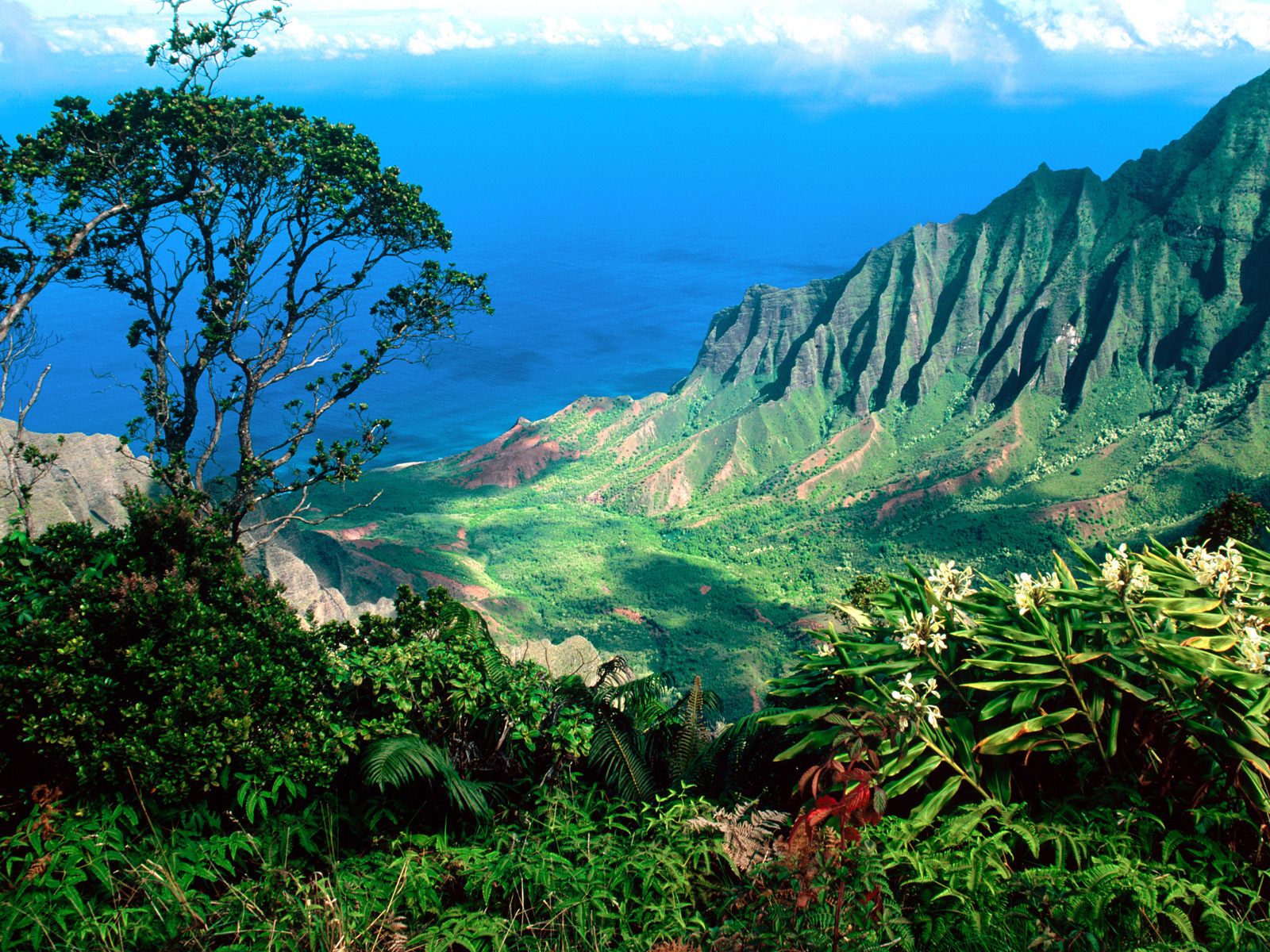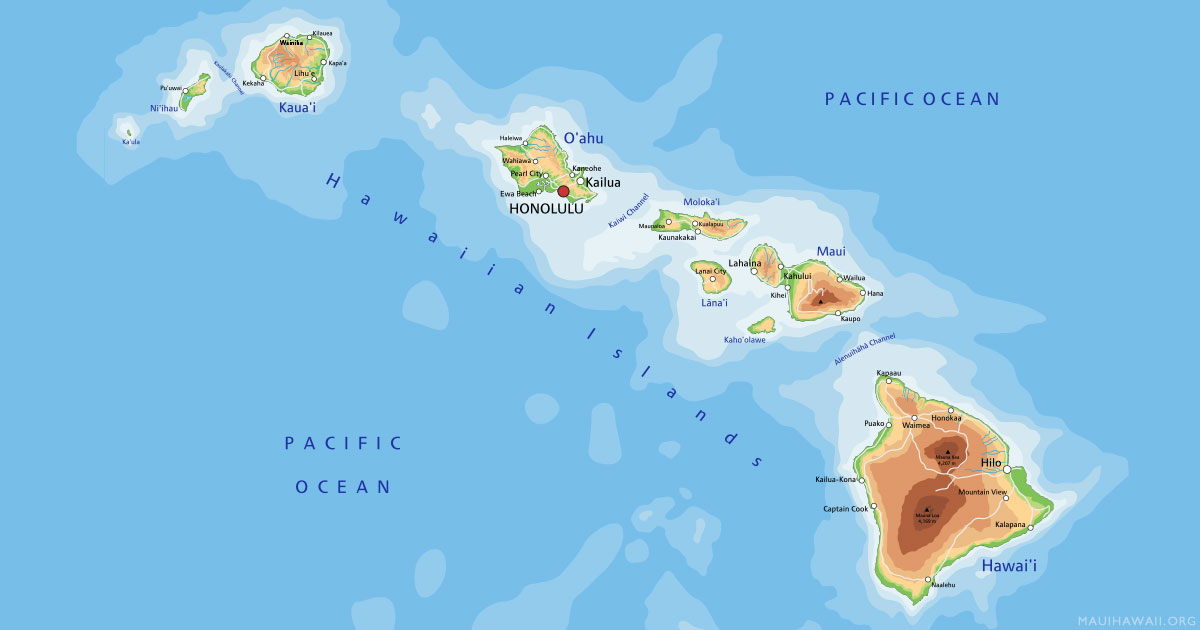Hawaiian naming traditions are deeply rooted in the islands' vibrant cultural history and spiritual connection to the natural world. These names are more than mere identifiers; they encapsulate stories, convey profound meanings, and link individuals to their family lineage. In this article, we delve into the captivating realm of Hawaiian names, exploring their origins and how they continue to shape contemporary naming customs.
For generations, Hawaiian names have played an essential role in preserving family histories and honoring ancestors. The Polynesian settlers who first arrived in Hawaii brought with them a naming tradition that emphasized meaning and harmony with the natural environment. Today, this rich heritage continues to flourish, resonating not only within Hawaii but across the globe.
This comprehensive guide will take you on a journey through the origins, meanings, and cultural significance of Hawaiian names. You'll discover their deep connection to nature, their reflection of the islands' unique heritage, and how they can inspire modern naming choices. Whether you're considering a Hawaiian name for a loved one or simply wish to deepen your understanding of Hawaiian culture, this article offers valuable insights.
Read also:Luke Wilson
Contents
- The Evolution of Hawaiian Names
- The Cultural Importance of Hawaiian Names
- Popular Hawaiian Names and Their Meanings
- Hawaiian Names Inspired by the Natural World
- Honoring Ancestry Through Hawaiian Names
- The Meanings Behind Beloved Hawaiian Names
- The Global Influence of Hawaiian Names
- Understanding the Structure of Hawaiian Names
- Guidance for Selecting a Hawaiian Name
- Famous Personalities with Hawaiian Names
The Evolution of Hawaiian Names
Hawaiian names boast a storied past that traces back to the ancient Polynesian settlers who first arrived on the islands. These early inhabitants believed that names held immense spiritual power and were closely tied to a person's identity and destiny. As a result, Hawaiian names were meticulously chosen to reflect an individual's personality, family background, and bond with the natural world.
Prior to Western influence in the 18th century, Hawaiian names were often lengthy and descriptive, encapsulating the essence of a person's life and experiences. The introduction of Christianity and Western naming customs brought about a shift, leading many Hawaiians to adopt shorter, simplified names. Nevertheless, the cultural significance of Hawaiian names has endured, and today, numerous families continue to honor their heritage through traditional naming customs.
The Cultural Importance of Hawaiian Names
In Hawaiian culture, names transcend mere labels; they are a reflection of an individual's identity, family ties, and connection to the land. The Hawaiian language is rich with meaning, and every word carries profound significance. This is especially true when it comes to names, which are often selected to honor ancestors, express gratitude to the gods, or commemorate a significant life event.
Harmony with Nature
Hawaiian names frequently draw inspiration from the natural world, embodying the islands' profound respect for the environment. Names like "Kai" (ocean), "Lei" (flower garland), and "Mauna" (mountain) are prevalent and underscore the importance of nature in Hawaiian culture. This connection to the land and sea is a cornerstone of Hawaiian naming traditions and continues to inspire modern practices.
Popular Hawaiian Names and Their Meanings
Hawaiian names are diverse and distinctive, yet some have become especially popular over time. Below is a list of some of the most cherished Hawaiian names along with their meanings:
- Kalani: Heaven or sky
- Keanu: The cool breeze
- Aloha: Love, compassion, and affection
- Keahi: The fire
- Malia: Beloved or popular
These names exemplify the beauty and richness of Hawaiian culture, and their appeal continues to expand both within Hawaii and internationally.
Read also:Irene Banerjee
Hawaiian Names Inspired by the Natural World
Nature plays a pivotal role in Hawaiian naming traditions. Many Hawaiian names derive inspiration from elements of the natural world, such as the ocean, mountains, and flowers. These names not only celebrate the islands' breathtaking beauty but also reinforce the cultural value of living in harmony with nature.
Examples of Nature-Inspired Names
- Mauna: Mountain
- Kai: Ocean
- Lei: Flower garland
- Pua: Flower
- Hōkū: Star
These names serve as a testament to the Hawaiian people's reverence for the environment and their commitment to preserving it for future generations.
Honoring Ancestry Through Hawaiian Names
A key aspect of Hawaiian naming traditions is the connection to ancestry. Many Hawaiian names are chosen to honor family members, ancestors, or significant events in a family's history. This practice helps preserve family narratives and ensures that the legacy of past generations is remembered and cherished.
How Ancestral Names Are Selected
Ancestral names are often chosen based on family stories, pivotal life events, or even dreams. In some cases, a name may be passed down through multiple generations, serving as a reminder of the family's heritage and bond with their ancestors. This tradition underscores the importance of family and community in Hawaiian culture.
The Meanings Behind Beloved Hawaiian Names
Understanding the meanings behind Hawaiian names provides valuable insight into the culture and traditions of the islands. Below are examples of popular Hawaiian names and their meanings:
- Kealoha: The love
- Koa: Warrior or brave
- Lani: Heaven or sky
- Inoa: Name or reputation
- Hoʻomalu: Protection or shelter
Each of these names carries a unique meaning that reflects the values and beliefs of Hawaiian culture. By selecting a name with a meaningful origin, parents can honor their heritage and impart important lessons to their children.
The Global Influence of Hawaiian Names
In recent years, Hawaiian names have gained widespread popularity beyond the islands, with people worldwide embracing these beautiful and meaningful names for their children. This trend reflects a growing admiration for Hawaiian culture and its emphasis on connection, community, and harmony with nature.
Worldwide Adoption of Hawaiian Names
As more individuals learn about the significance of Hawaiian names, their popularity continues to soar. Celebrities and public figures have also contributed to this trend, choosing Hawaiian names for their children as a way to honor the culture and its traditions. This global embrace of Hawaiian names highlights their universal appeal and enduring beauty.
Understanding the Structure of Hawaiian Names
Hawaiian names typically follow a distinct structure that reflects the cultural importance of naming practices. Traditionally, Hawaiian names are long and descriptive, with each word carrying a specific meaning. In modern times, however, many Hawaiian names have been shortened or simplified to align with Western naming conventions.
Traditional vs. Modern Naming Practices
While traditional Hawaiian names emphasize meaning and connection, modern naming practices often prioritize simplicity and ease of pronunciation. Despite this evolution, the cultural significance of Hawaiian names remains steadfast, and many families continue to honor their heritage through thoughtful naming decisions.
Guidance for Selecting a Hawaiian Name
If you're considering a Hawaiian name for yourself or a loved one, here are some tips to help you make an informed choice:
- Research the meaning and origin of the name to ensure it aligns with your values and beliefs.
- Reflect on the cultural significance of the name and how it reflects Hawaiian traditions.
- Consult with family members or cultural experts to ensure the name is appropriate and meaningful.
- Consider the practicality of the name, including pronunciation and spelling.
By following these guidelines, you can select a Hawaiian name that honors the culture and carries deep personal significance.
Famous Personalities with Hawaiian Names
Throughout history, numerous renowned figures have borne Hawaiian names, showcasing the cultural significance and global allure of these names. Below are examples of notable individuals with Hawaiian names:
Barack Obama
Although not of Hawaiian descent, former U.S. President Barack Obama was born in Honolulu, Hawaii, and his name reflects the island's influence on his early life. The name "Barack" means "blessed" in Arabic, while "Obama" is a Kenyan name meaning "crooked" or "bent." Together, these names highlight the multicultural influences that shaped Obama's identity.
Don Ho
Don Ho, a legendary Hawaiian entertainer, was born in Honolulu and became an iconic symbol of Hawaiian culture through his music and performances. His name, while not traditionally Hawaiian, embodies the islands' vibrant and welcoming spirit.
Conclusion
Hawaiian names are a beautiful and meaningful expression of the islands' rich cultural heritage. From their profound connection to nature and ancestry to their modern global influence, Hawaiian names continue to captivate and inspire people around the world. By exploring the significance and origins of these names, we can honor the traditions and values of Hawaiian culture.
We encourage you to delve deeper into the world of Hawaiian names and consider how these meaningful names might enrich your life. Feel free to share your thoughts in the comments, share this article, or explore other topics on our site to learn more about Hawaiian culture and traditions.


